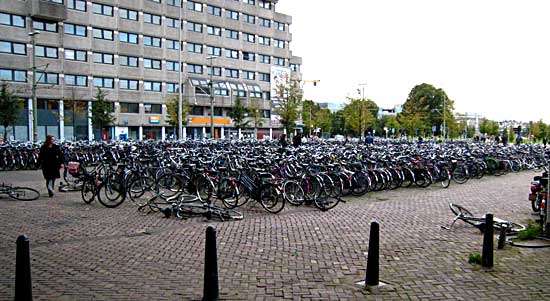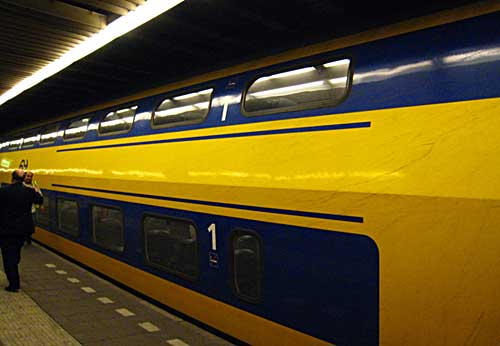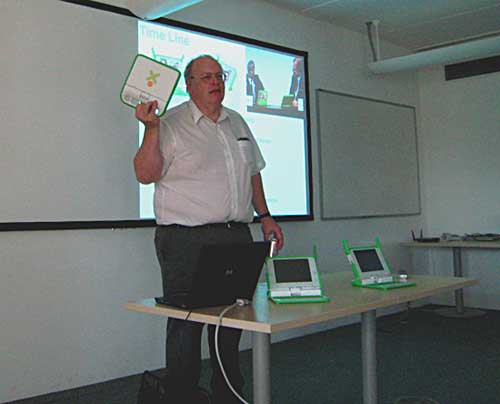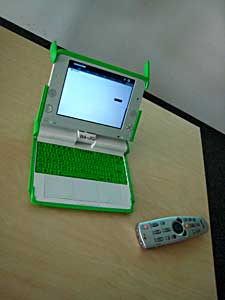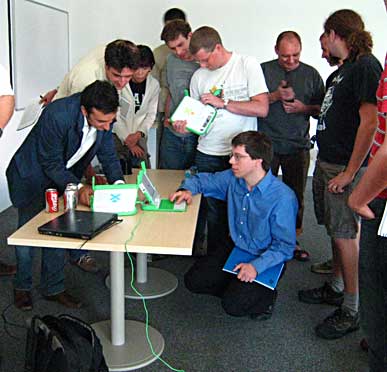Hmmm… I fed the following text (from Die Zeit ) to Windows Live Translator Beta:
Der Oberkommandierende der US-Armee im Irak, David Petraeus, hat einen Teilabzug der US-Soldaten in Aussicht gestellt. Der Einsatz der US-Streitkräfte im Irak habe die Sicherheitslage insoweit stabilisiert, dass die Zahl der Soldaten bis Mitte Juli 2008 von derzeit 168.000 auf dann etwa 130.000 zurückgeführt werden könne, sagte der General in seinem mit Spannung erwarteten Lagebericht vor dem US-Kongress. Bereits im Dezember könne eine erste Kampfbrigade von etwa 4000 Soldaten die Heimreise antreten. Einen Termin für einen vollständigen Rückzug aus dem Irak wollte Petraeus nicht nennen. Ein “voreiliger Abzug” könne “katastrophale” Folgen haben, warnte er.
And this is what came out:
The Commander-in-Chief of the US army in Iraq, David Petraeus, promised a partial withdrawal of the US soldiers. The employment of US armed forces in Iraq has the security situation stabilized that the number of the soldiers to in the middle of July 2008 from at present 168,000 can be attributed to then about 130,000, said the general in its with tension to expected report on the situation before the U.S. Congress to that extent. Already in December a first combat brigade of approximately 4000 soldiers can begin the home journey. Petraeus did not want to call a date for a complete retreat from Iraq. A “hasty departure” can have “catastrophic” consequences, warned it.
I then fed it to BabelFish, which produced this:
The Commander-in-Chief of the US army in the Iraq, David Petraeus, promised a partial departure of the US soldiers. The employment of US armed forces in the Iraq has the security situation stabilized that the number of the soldiers to in the middle of July 2008 from at present 168,000 can be attributed to then about 130,000, said the general in its with tension to expected report on the situation before congress of US to that extent. Already in December a first combat brigade of approximately 4000 soldiers can begin the home journey. Petraeus did not want to call a date for a complete retreat from the Iraq. A “hasty departure” can have “catastrophic” consequences, warned it.
Very similar, I think you’ll agree. What a coincidence.
